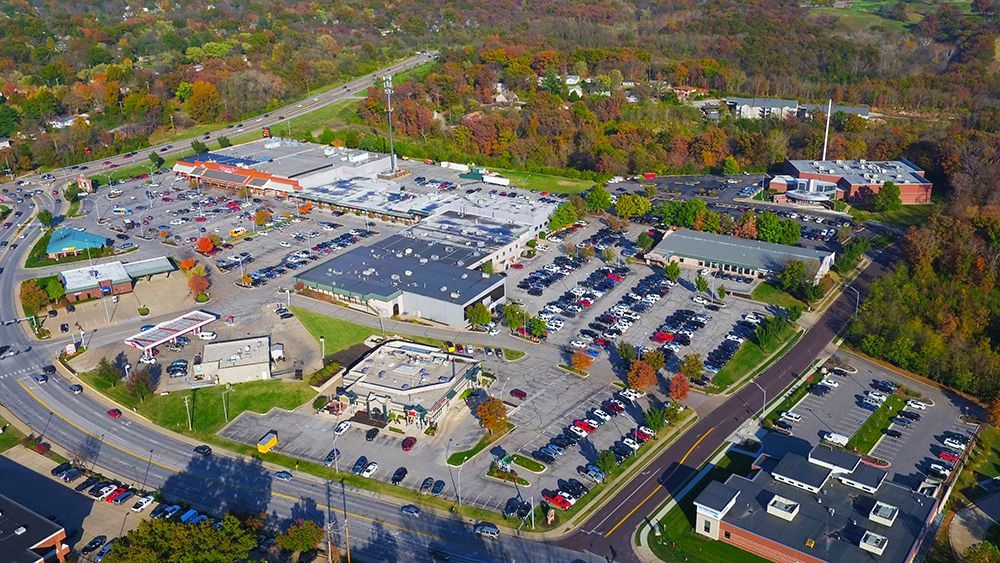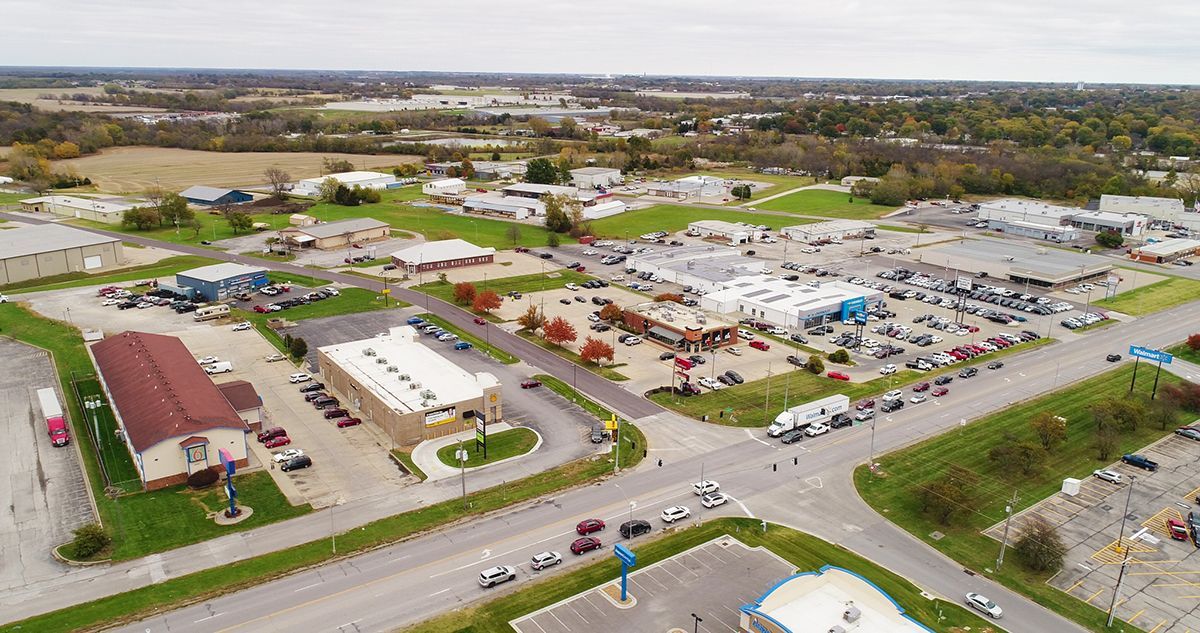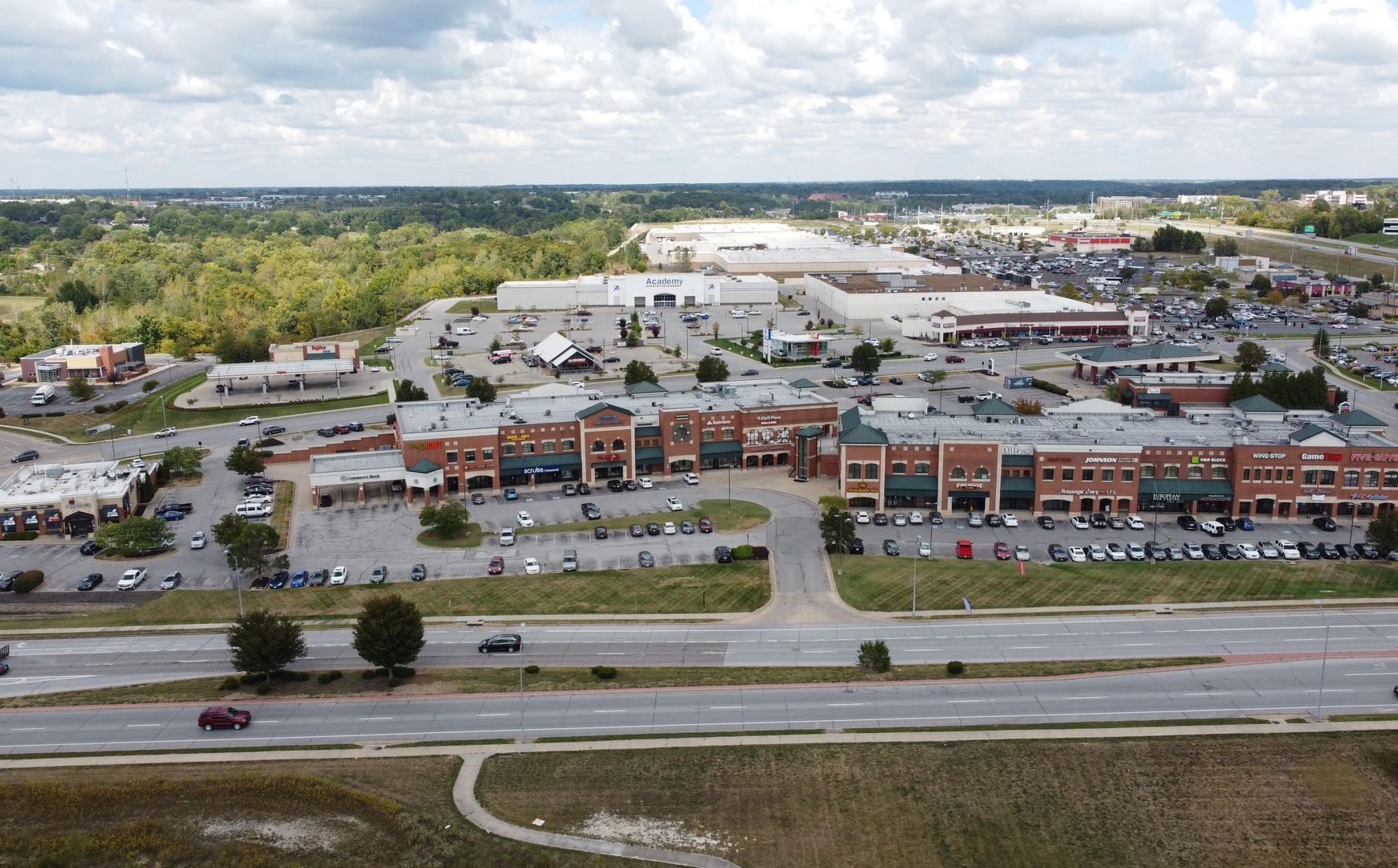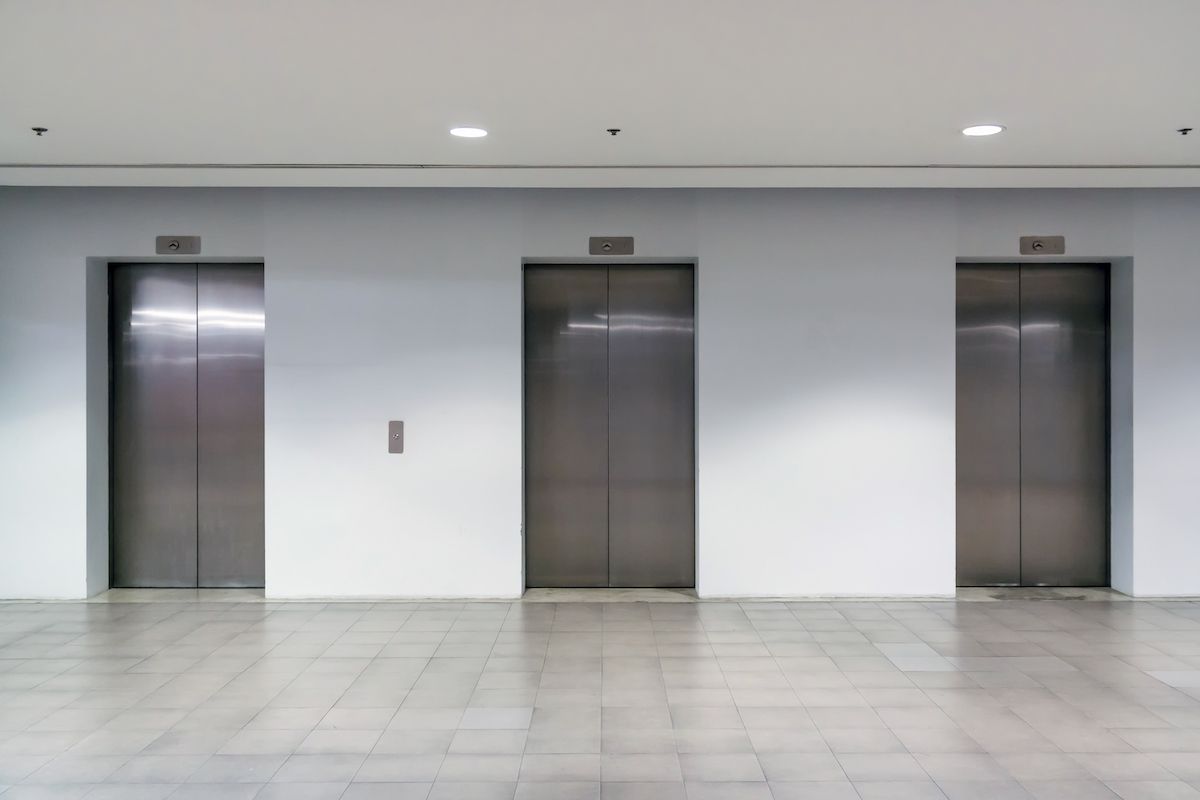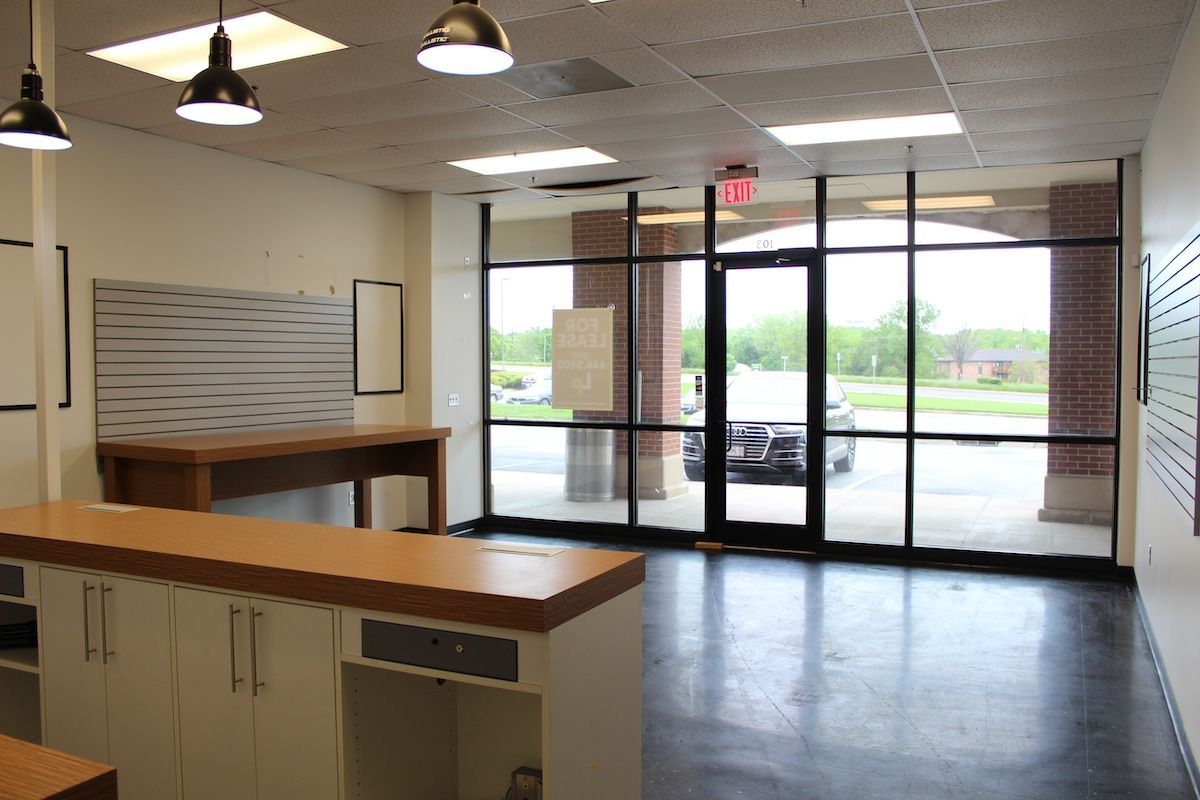Understanding The Terms of Your Commercial Lease
Don’t Let Confusing Lease Terms Prevent You From Renting a Commercial Property in Columbia, MO! Lindner Properties Has Your Back
You have a great idea for a business or service. You’ve got the capital to get it off the ground. You even found the perfect commercial property to rent. But now you have to read the lease, and commercial leases aren’t your typical contract. They can be hefty, with terms you may not be familiar with and clauses that can leave you scratching your head. Don’t let confusion about your commercial lease stop you from bringing your great ideas and services to the world! Instead, take the time to read this blog and learn exactly what those terms mean.
Lindner Properties has been managing commercial properties and overseeing commercial leases for decades, and we know exactly how to break down commercial leasing terms into easy-to-understand concepts. What are you waiting for? Start educating yourself and moving your business forward today!

Commercial Leasing Terms You Should Know Before Committing to Renting Commercial Real Estate in Columbia, MO
Additional Rent
Your base rent is the fee for occupying the usable square feet of a commercial property. Additional rent includes extras like common area maintenance, emergency maintenance, parking fees, taxes, insurance, and other charges. These additional costs should be clearly stated in your lease.
Agent
An agent serves as a go-between for a landlord and tenant during the negotiation of a commercial lease. This intermediary can be a real estate agent, broker, attorney, salesperson, or Certified Leasing Specialist.
Build-Out
Before you start using your commercially leased space, it needs to be suitable for your business operations. The build-out process often involves making changes to both the design and functionality of the space.
Building Class
Commercial properties are categorized into different classes: Class A, Class B, or Class C. Although there's no fixed standard for each class, Class A buildings are typically newer or recently renovated with top-notch materials, amenities, and management. Class B buildings are often older and in less desirable areas, but they usually have good management, compensating for any physical or location-related drawbacks. On the other hand, Class C buildings are at the lower end of the property scale. They often need improvements, and their management may not be very helpful with small or big issues. Watch for the Building Class of your desired property before you sign a lease.
Commencement Date
The day a tenant starts using a property is called the commencement date. That's when tenants need to start paying rent and taking care of the property according to what's written in their lease agreement.
Condemnation
If a government agency takes control of a property from the landlord for public use, it's called condemnation. This could be due to a general condemnation or an eminent domain claim. Your lease should have a condemnation clause that explains what happens to you as a tenant if the property is condemned or taken back.
Covenants
In a commercial lease, a covenant is a commitment to do or avoid specific things in the rented space or agreement. These commitments can involve promises like paying rent on time using the method the landlord prefers, making sure the property is insured, allowing the landlord to check the property whenever, and ensuring tenants won't be bothersome to neighbors. The exact commitments will depend on your lease.
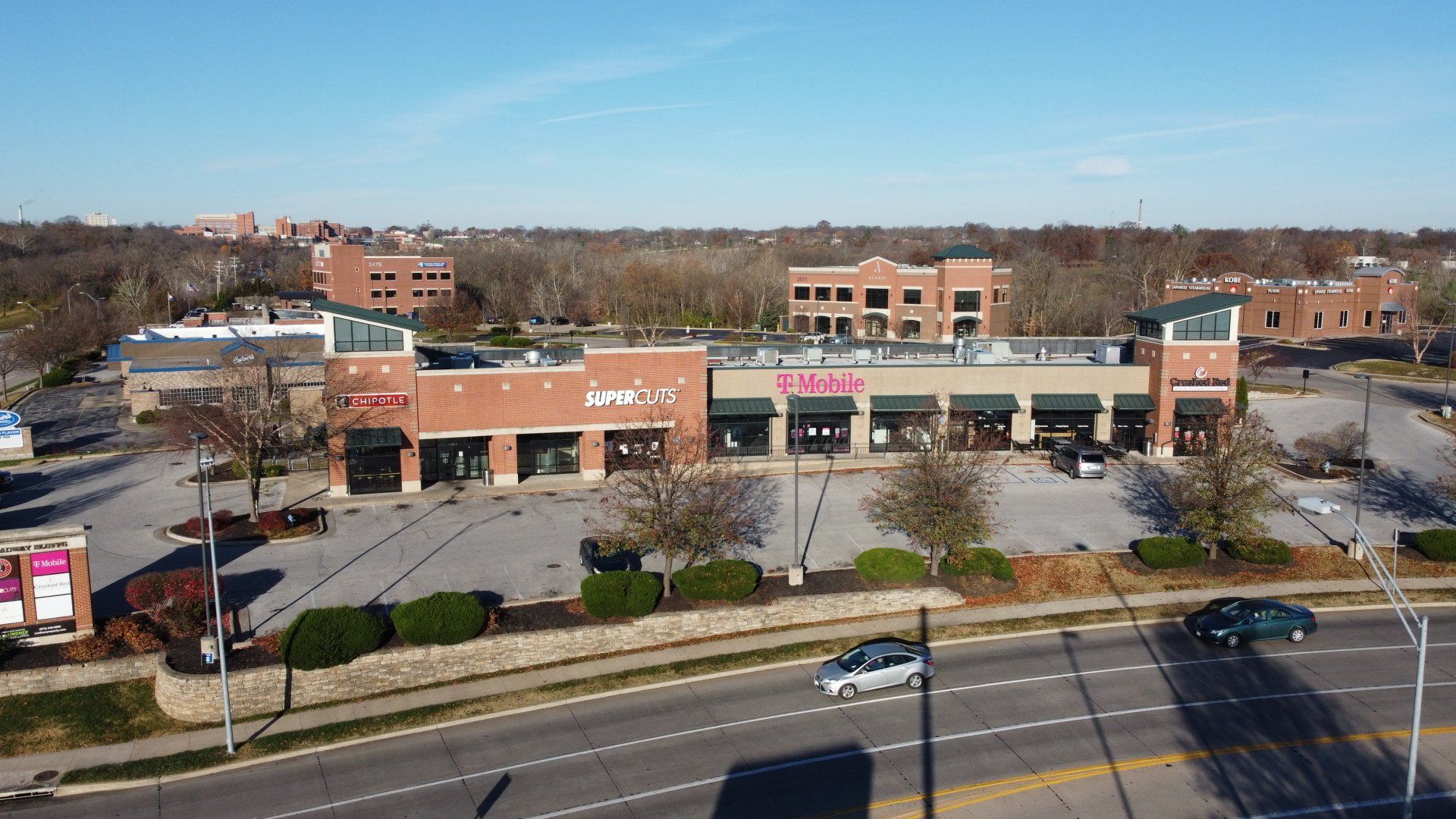
Extension
For tenants and landlords who like their business relationship, they can complete an extension. A lease extension is an agreement between both parties that outlines your rights and terms of continuing your lease beyond the initial agreements.
Grant of Lease
A lease will be granted and signed once you pay the security deposit, provide proof of insurance, or follow through with any additional requests from the landlord.
Improvements
An improvement is any update made to the property that enhances the aesthetics or operations of the space. Your improvement terms will outline who can make upgrades to the property, who pays for the upgrades, and who will perform the work. If you want more or less control over the look and feel of your property, be sure to negotiate this clause to best suit your needs.
Indemnity by Tenant
This part in the agreement means the landlord is not responsible if someone gets hurt, something is lost, a claim is made, or there's damage on the property. But in cases of willful acts, omissions, or gross negligence on the part of the landlord, this clause might not apply.
Late Fee
If you're late paying rent, the landlord might charge you a late fee. This fee can be a fixed amount or a percentage of your rent, and the details should be set in your lease agreement.
Length of the Lease
Usually, commercial leases last for three or five years because landlords prefer longer agreements. Your lease will show when it starts and ends, and you can negotiate and decide on these dates before signing the lease.
Non-Competition Clause
This clause makes sure your landlord won't rent a nearby place to a business that competes with yours. For instance, if you are a family therapist, this will prevent your landlord from renting a space in the same office park or shopping center to the same type of service provider or business. Your lease will explain the details, like what kind of business is seen as a competitor and how far away they need to be from your rented commercial space.
Obligation for Repair
Sometimes maintenance or repairs are necessary, and this clause outlines who is responsible for performing the work. Depending on your lease, some repairs may fall on your shoulders, while larger repairs are the responsibility of the landlord. You should consult your lease to figure out who is in charge of what services at the property.
Option to Purchase
You might get the chance to buy the place you're renting from the owner. Whether this happens during your lease or not depends on the agreement you’ve made. It's not a must-have for your lease, but if you want to buy the property later, it's a good idea to include this clause to set yourself up for success.
Permits
Both landlords and tenants need the right permits to lease and run a business properly. If you want to make changes or fix things at the rented commercial property, you, the landlord, or the contractor also need the necessary permits and licenses to make repairs or renovations.
Rent Abatement & Adjustment
If the property gets damaged in a fire or other natural disaster, this will specify how or if the rent will be changed or waived.
Rent Amount or Base Rent
In commercial rentals, the rent is determined by the square footage of the space, not by the revenue generated. Additional rent may be added to this amount, as agreed upon in your lease.
Rent Increases
Rent often goes up each year because of inflation and changes in property values. This increase is usually a percentage of the total rent, but you can talk to your landlord to set a limit on how much it can go up. Before signing the lease, make sure to discuss and agree in writing on any potential rent increases with your landlord.
Security Deposit
Your security deposit is a set amount of money used to reserve your commercial space before you sign the lease agreement. It protects your rights to rent the property while contract negotiations are still underway, preventing the landlord from leasing the space to anyone else in the meantime.
Taxes
If you're renting a commercial space, it's important to know how taxes work. This means understanding property taxes and real estate taxes, and figuring out who is responsible for paying them. Your lease should also have details about the contest of taxes, payment of ordinance assessments, and change in method of taxation.
Usable Square Feet
Sometimes, tenants in different units might share spaces like hallways, parking lots, or common areas. But when it comes to paying for square footage, you should only be charged for the space you use to conduct business.
Choose a real estate professional, like Jay Lindner, to help you navigate your commercial lease in Columbia, MO
You can break out the dictionary and go through the thesaurus, but sometimes, commercial leasing terms are just difficult to understand, especially if you don’t speak legalese (the unofficial language of the law). It may seem like overkill to hire a lawyer just to read your commercial lease, but sometimes, this expense can end up saving you thousands of dollars and countless headaches. If you don’t want to lawyer up to sign your commercial lease, you can also work with a real estate professional. An expert in the commercial real estate world can help you not only understand leasing terms, but they can also work with you to achieve the ideal leasing experience. But who is the better choice for your commercial leasing needs?
Why you should use a real estate lawyer to help understand the terms of your commercial lease
A commercial real estate lawyer is best suited for business owners who want their commercial lease to fit their needs without compromise. This could mean negotiating for a shorter lease length, changing who is responsible for insurance or similar payments, and navigating your rights as a potential tenant. When you hire an independent commercial real estate lawyer, you’ll have someone who is on your side fighting for the lease that will provide the most benefits to your business.
Before you hire a real estate attorney, it’s important to keep in mind
negotiating a commercial lease can take a while. If your attorney and future landlord are duking it out over lease terms, you could be left in limbo, waiting to start your business at a location you have not even secured. Eventually, you’ll end up with a lease you can be happy with, but you should be aware the negotiation process could take months. For maximum control in your lease negotiations, choose a commercial real estate attorney.
Why you should work with a real estate professional to help you understand commercial lease terms
Commercial property professionals are experts in all things related to business leases. Not only do they understand the terms and clauses of commercial leases, but they can also help you with the pros and cons of all things leasing including length, type, and location. Jay Lindner, Columbia, MO’s very own real estate pro, is not only a leasing genius, but he also knows Columbia and the mid-MO commercial real estate business like the back of his hand. Jay is a second-generation commercial property expert, and his guidance and knowledge in the industry are unmatched.
When you work with Jay Lindner and his team, you’ll feel confident in the terms of your lease before you ever sign on the dotted line. Book an appointment with the Lindner Properties team today to start your journey to becoming a commercial business owner.
Get the most out of your commercial property rental when you lease through Lindner Properties
Who’s ready for the pop quiz about leasing terms? Just kidding! After studying up on Lindner Properties’ commercial leasing terms glossary, you’re more than ready to sign a commercial lease, but who should you sign with? Well, that depends on what you’re looking for. Do you want the most space for your money? How about the greatest opportunities for design and layout customization? Maybe you want a move-in-ready commercial property with all the amenities included. No matter what you want, Lindner Properties can deliver.
The commercial properties we feature are modern and perfectly located for any business. They feature updated amenities, well-kept public areas and parking lots, plenty of signage for your marketing efforts, and awesome options for cosmetic upgrades and even tenant infills. When you rent commercial real estate through Lindner Properties, you are giving your business the best chance at success. You’ll love our easy terms and flexible leases, and your customers or clients will appreciate the easy-to-access parking, well-lit and safely maintained pathways, and aesthetically pleasing retail shops and offices. Cross every “want” or “need” off your business checklist when you lease a commercial property through Lindner Properties in Columbia, MO.

